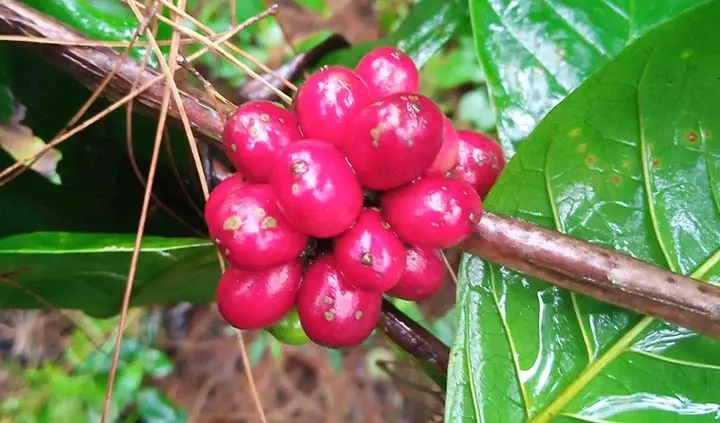Future
Developing a Future Coffee Industry
Published: November 14, 2023 04:05 AM, Updated: November 14, 2023 07:26 AM
Written by: Admin
Sector restructuring and cooperation can help reduce income disparities and improve the capability, sustainability, and resilience of coffee farmer communities.
The coffee industry has collaborated with public, business, and civil society organizations to promote social, economic, and environmental benefits, but coffee growers still struggle with poverty, gender inequality, human rights violations, climate change effects, and limited access to capital.

The coffee industry needs to collaborate and develop a comprehensive, innovative, and cohesive plan to revolutionize the global market.
1. Align public and private sector decision-making about institutional development and policy in exporting and importing nations.
2. Make data transparent, obtainable, and grounded in reality.
3. Enhance the efficiency of market organizations for the benefit of farmers.
4. Make eco-friendly production the rule rather than the exception.
The International Coffee Organization's Private-Public Task Force (CPPTF) is collaborating with industry and civil society to enhance the pre-competitive conditions of millions of smallholders and marginalized groups.
Appropriated by the Task Force, the ICO Council, and the CEO and Global Leader Forum are the CPPTF Commitments. Here is the outcomes:
1. Reinforced areas for multi-stakeholder collaboration.
2. Plans for landscape and sector change aim to address income inequalities, boost output, address institutional capacity issues, promote gender equity, and advance marginalized groups.
3. Plans for sector and landscape change serve as the basis for policies and programming.
4. Data on living standards, income, production costs, inclusivity, post-harvest efficiency, value to farmers, and sustainability performance in 26 countries is being collected.
5. National coffee authorities and sectoral institutions are enhancing transparency in data collection and analysis, providing evidence-backed investment and policy decisions for farmers.
6. A regional knowledge exchange network was established to disseminate national data collected from coffee, with initial hubs at Promecafé, InterAfrican Coffee Organization, and the ASEAN Coffee Federation.
7. The global knowledge hub, established with ICO support, aimed to enhance sector-wide information sharing capacities and offer policy and initiative guidance.
